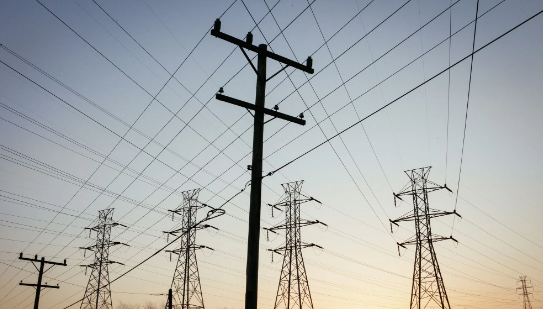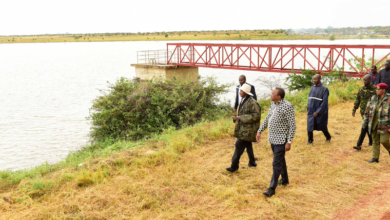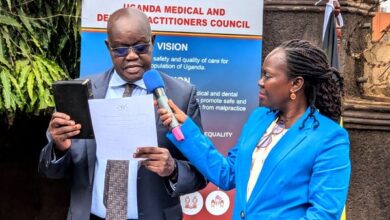BusinessLocal News
Luweero residents lose millions in electricity scam
Luweero residents lose millions in electricity scam

The government has distanced itself from individuals reportedly soliciting money from residents under the Rural Electrification Plan to purportedly connect them to power.
Speaking to Monitor on Tuesday, the Energy and Mineral Development Minister, Ms Ruth Nankabirwa, said the rural electrification plan is solely the government’s responsibility, with no specific money required from communities to access power.
“Power distribution is undertaken by the government in all areas where the electrification plan is being executed. The government has its plan to fulfil the rural electrification programme. The Shs700,000 per household requested as a cost share for the villages in Katikamu Sub-county in Luweero District is illegal,” she said.
However Ms Nankabirwa said residents directly connecting power to their homes have to foot the bill.
The minister made the remarks during a fact-finding mission to Kande and Bukeeka villages where more than 50 households had reportedly been duped into paying Shs700,000 each to have the power lines extended to their village under the rural electrification programme.
After failing to raise the more than Shs30m demanded by a group of unidentified people claiming to act on behalf of the government, residents reached out to Ms Rose Namayanja, the National Resistance Movement (NRM) party deputy secretary-general, for assistance in raising the money.
Ms Namayanja sought help from Ms Nankabirwa.
“While the extension of electricity to the villages is our great desire, I was worried and troubled by the charges that our people could not raise. This was not to connect electricity to their respective homes but to have it extended to the village. It is good that we have received clarification and a promise to have the electricity extended free of charge,” she said.
Mr Livingstone Luzinda, an elder at Kande Village, revealed that while some residents of Nkonge Village parted with money for power connections in 2022, they are still waiting for electricity, having been promised by those who took the money.
“At Kande Village, we are lucky that many households could not afford the Shs700,000 requested by people claiming to work with the Ministry of Energy to distribute power under the rural electrification plan. Our neighbours who paid the money more than two years ago are still waiting for electricity,” he revealed.
Electricity access project
Under the World Bank’s five-year project worth Shs2.48 trillion, the government aims to boost power distribution and connectivity for households, commercial enterprises, and public institutions.
Uganda is not yet fully compliant with the electricity distribution target of village-to-village, with the priority being the sub-county level where key facilities are concentrated, Ms Nankabirwa explained.
“The electricity access scale-up project will boost power distribution to areas that are yet to get power. Some areas have poles erected but no wires. We are also short of power transformers that will be purchased. Our people at Kande Village will benefit from the electricity access scale-up project,” the minister added.
By the end of 2023, power generation by all grid-connected plants was 6,032.3 gigawatts per hour (GWh). Hydropower plants generate 93.4 percent of the total energy produced. Other forms of energy include solar, thermal, and bagasse energy.
Statistics from Luweero District reveal that less than 28 percent of rural areas have electricity access, while the urban population is covered by at least 55 percent.




